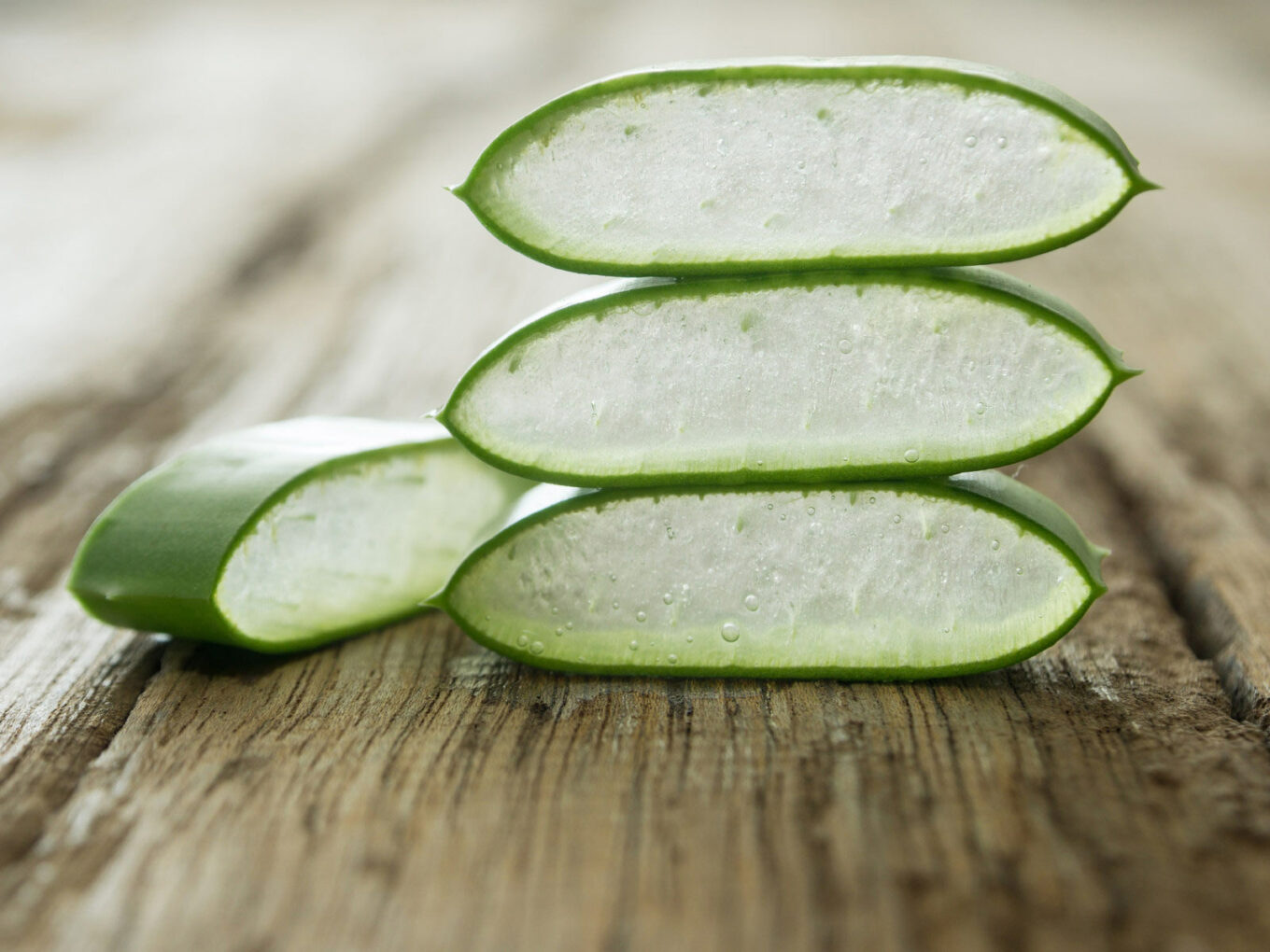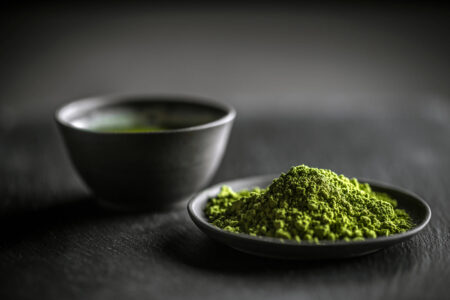It’s all about the gel
For such a demure little succulent, it may surprise you to learn that the Aloe Vera plant has a an approximate market value of $13 billion worldwide! Used as a food additive, cosmetics’ enhancer, as well as in many pharmaceutical formulations, the heart of its value lies within its plump and spikes leaves.
Most people know that breaking off a stalk will reveal a clear goo; when rubbed on the skin, it provides immense relief from sunburn. That’s because this gel is full of minerals, antioxidants, amino acids, and other bioactive compounds that together provide astonishing medicinal properties. But the healing properties of this plant go beyond burn care.
A friend to skin in many ways
Long used as a therapeutic balm to relieve sunburnt skin, aloe vera actually does more than just treat pain—its antioxidant and antibacterial properties help to prevent infections, and its use has been shown to improve healing time by up to 9 days. The FDA actually formally approved aloe vera as an OTC burn treatment back in 1959.
With the skyrocketing acceleration that natural skincare has had within the beauty industry lately, it’s no surprise that aloe vera plays a starring role in many cosmetic formulations. Use of the gel is thought to boost collagen production over a 3 month period. This ability to improve skin’s elasticity makes it a very valuable asset to trendy organic-based products.
Juice after brushing
Drinking juice after brushing one’s teeth is not something any dentist would recommend. Aloe vera juice, however, may be a different story. Historically, antiseptics have been the active ingredient in mouth washes; in an effort to remove the plaque left behind after brushing, many people use mouthwashes to achieve this.
But there may be a tastier alternative to those harsh astringent flavors—aloe vera juice! Recent studies have shown that rinsing with 100% pure aloe juice was just as effective, thanks to its ability to kill both streptococcal and yeast populations.
For those that suffer with canker sores, the findings are just as promising. Use of aloe vera in the form of an oral gel or patch was shown to increase the healing time of mouth ulcers, as well as provide some additional pain relief.
A gut feeling
Lastly, aloe vera ingested in the form of supplements has been shown to help with two chronic ailments—diabetes and constipation. Although more research is needed, the consumption of aloe extract appears to aid the body’s sensitivity to insulin, thereby helping to stabilize blood sugar. While not a replacement for insulin or oral diabetes medication, this is a promising finding nonetheless!
And finally, it’s not just the gel that should get all the credit. The thick, outer husk of the aloe plant contains an inner layer of latex, and within that layer, a substance called aloin. The laxative effect of aloin is potent, and can provide relief to those who deal with occasional bouts of constipation.
Whether you nurture this easy-to-please plant in your house for access to its gel, or prefer to buy it as part of a cosmetic or food supplement, this little, green, healing machine of a plant deserves recognition for its many valuable attributes.




